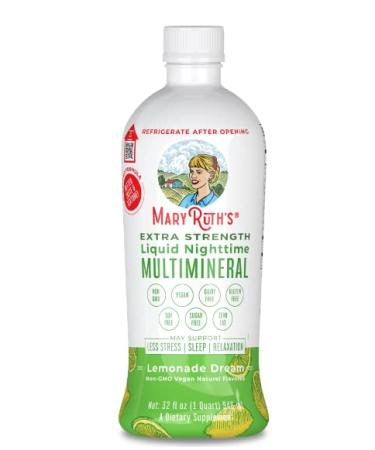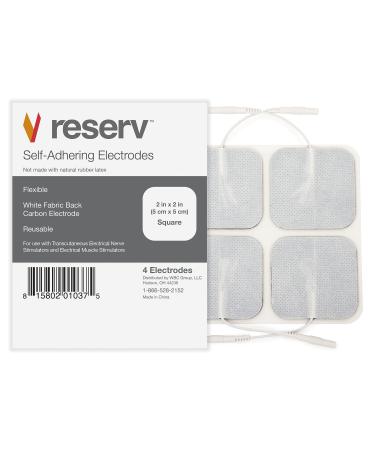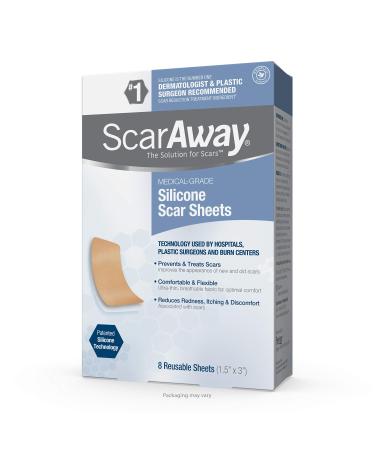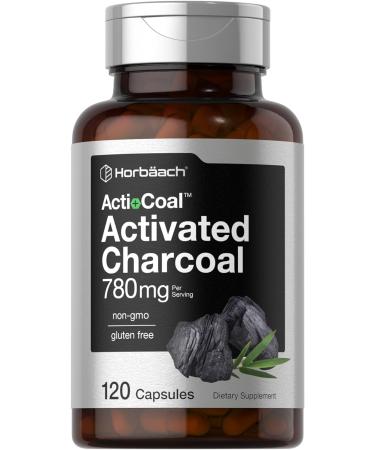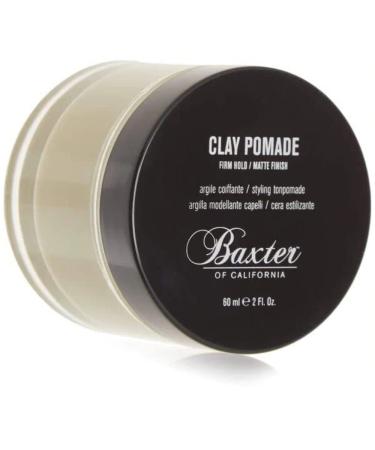HERE ARE THE BENEFITS OF SELE OLIVES
- Olives remove excess cholesterol from the blood.
- Olives control blood pressure.
- Olives are a source of dietary fiber as an alternative to fruits and vegetables.
- Olives are an excellent source of vitamin E.
- Olives, as antioxidants, protect cells.
- Olives reduce the effects of degenerative diseases such as Alzheimer's disease, benign and malignant tumors, and less serious conditions like varicose veins and cavities.
- Olives help prevent blood clots that can lead to myocardial infarction or deep vein thrombosis (DVT).
- Olives protect cell membranes against diseases such as cancer.
- Olives are excellent protection against anemia.
- Olives improve fertility and the reproductive system.
- Olives play an important role in maintaining a healthy immune system, especially during oxidative stress and chronic viral diseases.
- Olives are nutritious and rich in minerals such as sodium, potassium, magnesium, iron, phosphorus, and iodine.
- Olives provide essential vitamins and amino acids.
- Olives contain oleic acid, which has beneficial properties for protecting the heart.
- Olives contain polyphenols, a natural chemical that reduces oxidative stress in the brain. Thus, eating one daily serving of olives can help improve your memory by up to 25 .
- Just one cup of olives contains a large amount of iron – 4.4 mg.
- Black olives can reduce the appearance of wrinkles by 20 because they contain oleic acid, which keeps skin soft and healthy.
Eating just 10 olives before a meal can reduce your appetite by up to 20 . This is because the monounsaturated fatty acids found in olives slow down the digestive process and stimulate the hormone cholecystokinin, a hormone that sends messages of fullness to the brain.
CARDIOVASCULAR BENEFITS OF OLIVES
When free radicals oxidize cholesterol, blood vessels are damaged and fat builds up in the arteries, possibly leading to a heart attack. The antioxidant nutrients in black olives prevent the oxidation of this cholesterol, thus helping to prevent heart disease. Olives contain fat, but it's the healthy monounsaturated kind, which is known to reduce the risk of atherosclerosis and increase good cholesterol. When diets high in monounsaturated fat are modified to increase monounsaturated fat content (so that they are not too high in total fat), blood cholesterol, LDL cholesterol, and the LDL:HDL ratio generally decrease. All of these changes reduce our risk of heart disease.
Recent research studies have shown that the monounsaturated fat found in olives (and olive oil) helps lower blood pressure. The oleic acid found in olives, once absorbed into the body and transported to our cells, can alter signaling patterns at the cell membrane level (specifically by altering G-protein-related cascades). These changes at the cell membrane level lead to lower blood pressure.
OLIVES HELP WITH WEIGHT LOSS
Apparently, monounsaturated fats, the kind found in olives, may promote weight loss. Consuming olive oil has been shown to break down fat within fat cells, eliminate belly fat, and reduce insulin insensitivity. Flavoring extracts derived from olive oil can make us feel fuller and reduce our calorie intake by about 200 calories per day.
OLIVES PREVENT CANCER
The antioxidant and anti-inflammatory properties of olives make them natural protectors against cancer, as chronic oxidative stress and chronic inflammation may be key factors in cancer development. If our cells are exposed to oxidative stress (damage to cell structure and cells by excessive reactive oxygen species) and chronic excessive inflammation, our risk of developing cellular cancer increases. Olives can help prevent this dangerous combination of chronic oxidative stress and chronic inflammation by providing us with a wealth of antioxidant and anti-inflammatory nutrients.
Black olives are an excellent source of vitamin E, which has the ability to neutralize free radicals in body fat. Vitamin E can make cellular processes safer, especially when working with the stable monounsaturated fats found in olives. When processes like mitochondrial energy production are not well protected, the free radicals produced can cause oxidation that damages a cell's mitochondria, preventing the cell from producing enough energy to meet its needs. If a cell's DNA is damaged, it can mutate and become cancerous. Studies have shown that a diet supplemented with olive oil increases the risk of colon cancer, a risk nearly as low as a diet rich in fish oil.
OLIVES REDUCE PAIN
Olives provide many antioxidants and anti-inflammatory nutrients that can act like ibuprofen. Their oils contain oleocanthal, a substance with anti-inflammatory properties. Similar to classic NSAIDs, they are a non-selective inhibitor of cyclooxygenase. A typical 50g serving of olive oil per day (more than three and a half tablespoons) contains oleocanthal, a quantity with a similar anti-inflammatory effect, equivalent to 1 10th of an adult dose of ibuprofen. This results in a higher pain threshold and improved muscle soreness after exercise.
OLIVES IMPROVE HAIR AND SKIN HEALTH
Black olives are rich in fatty acids and antioxidants that nourish, hydrate, and protect. Chief among these is vitamin E. Whether applied topically or absorbed, vitamin E has been shown to protect the skin against ultraviolet radiation, thus protecting against skin cancer and premature aging. You can achieve healthy, glowing skin by washing your face with warm water, applying a few drops of olive oil to sensitive areas, and allowing it to absorb for 15 minutes before rinsing.
OLIVES ARE AGAINST ALLERGIES
New research may help explain how olives work to provide us with anti-inflammatory benefits, particularly in allergy-related conditions. Olive extracts have now been shown to act as antihistamines at the cellular level. By blocking specific histamine receptors (called H1 receptors), unique compounds in olive extracts may help reduce a cell's histamine response. Because histamine is a molecule overproduced in allergy-related conditions and can be a key player in the inflammatory process, the anti-inflammatory benefits we get from olives are likely to involve this anti-histamine pathway. It's also possible that olives play a special role as part of an anti-allergic diet. Your circulation improves, and you'll breathe easier with olive consumption. They can increase blood flow and help reduce the effects of conditions like asthma with their anti-inflammatory properties. OLIVES REGULATE DIGESTIVE SYSTEM HEALTH
The frequent consumption of both vitamin E and monounsaturated fats in black olives is associated with lower rates of colon cancer. These nutrients help prevent colon cancer by neutralizing free radicals. Olive oil's protective properties also have beneficial effects on ulcers and gastritis. Olive oil activates the secretion of bile and pancreatic hormones much more naturally than prescribed medications, thereby reducing the incidence of gallstone formation. One cup of black olives also contains 17 of the daily allowance of fiber, which promotes digestive health by helping to move food through the system at a healthier pace. This prevents any part of the digestive system from having to work too hard and supports the ideal balance of chemical and microorganism populations necessary for a healthy digestive system.
OLIVES ARE A GOOD SOURCE OF IRON
Olives, especially black olives, are very high in iron. The ability of red blood cells to carry oxygen throughout the body depends on the presence of iron in the blood. If we suffer from iron deficiency, our tissues do not receive enough oxygen, and we may feel cold or weak. Iron also plays a vital role in energy production. It is a necessary component of a number of enzymes, including iron catalase, iron peroxidase, and cytochrome enzymes. It also helps produce carnitine, an essential amino acid important for the utilization of fat. To top it all off, the proper function of the immune system depends on adequate iron.
OLIVES AFFECT EYE HEALTH
One cup of olives, when converted to the daily recommended intake, contains ten percent of the vitamin A, which is crucial for healthy eyes. It helps the eye better distinguish light and darkness, improving night vision. Vitamin A is also believed to be effective against cataracts, macular degeneration, glaucoma, and other age-related ocular diseases.
OLIVES INCREASE GLUTATHIONE BLOOD LEVELS
Olives have demonstrated the ability to increase blood levels of glutathione (one of the body's leading antioxidant nutrients). Consumption of olive pulp is associated with a significant increase in blood glutathione levels and improved antioxidant capacity.
Caution: The product is buried in salt-filled olives. They vomit their own juices and wrinkle, resulting in non-bitter olives. The salt in their skins is removed by washing. Although very rare, trace amounts of salt may be present. This is a completely organic product. Customers who have never consumed organic olives before may find the taste intense. NEVER MIX IT WITH OVEN-BAKED OLIVES (not processed). We do not sell this product in bulk you can purchase the amount per basket.



